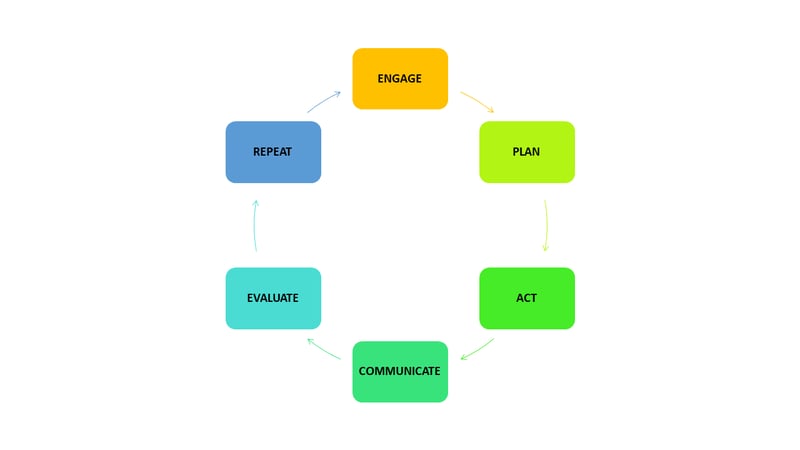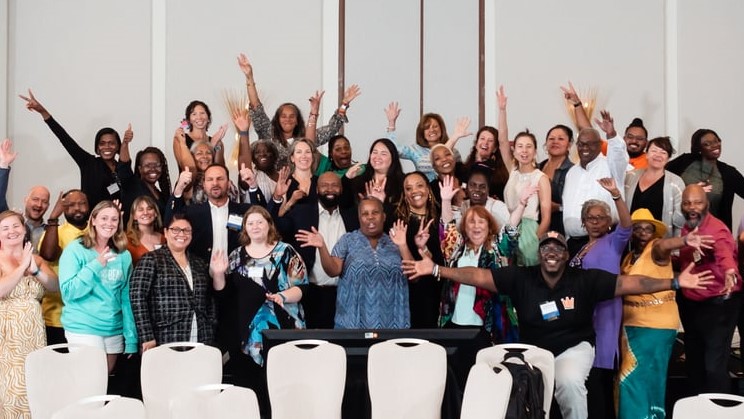It has now been over 20 years since the New Communities Program (NCP), the United States’ largest comprehensive community initiative began. Founded in Chicago by the Local Initiatives Support Corporation in collaboration with over 20 community development partners and the John D. and Catherine T. MacArthur Foundation, the New Communities Program took a comprehensive approach to development, incorporating lessons learned from the community development corporation crisis in Chicago in the mid ’90s.
By following a disciplined methodology and with the proper support, NCP was able to leverage nearly a billion dollars of investment over the course of 10 years, in over 800 discrete projects. Other tangible outcomes include the development of 13 Financial Opportunity Centres, 8 commercial retail developments and over 5000 new housing units built.
When reflecting on the key lessons learned along this journey, several come to mind. Here are a few:
1. Good planning begins with relationships.
Successful planning does not begin with a professional planner. It begins with the development of relationships between and among community stakeholders. NCP deployed an inclusive and participatory process. Communities that began with a systematic process of relationship-building and maintained that process through the planning period and beyond progressed more quickly and effectively. It required a significant investment of time, but the result was that partners were able to meaningfully negotiate a common vision, goals, and the implementation of plans.
2. Focus first and foremost on projects and activities that create the “political centre”
For community-level initiatives to succeed, local stakeholders need to be engaged. There needs to be an established consensus built to create the political will to support and drive the implementation of programs.
3. Invest in documentation and communication
From the beginning, NCP invested heavily in documentation and communication. Not only does this investment pay dividends when trying to reach a broader audience, but it is also an important means to measure and evaluate outcomes.
The above figure is the process that NCP followed as its impact continued to grow. While this figure does capture the process, it does not fully explain the most remarkable and unexpected outcome of NCP: the evolution of neighbourhood platforms – a web of relationships that served as a program delivery system, a vehicle for investment, and an information system through which resources, innovation, and communication flowed.
We will be discussing the challenges that faced NCP in an upcoming webinar with the Tamarack Institute titled: Theory of Change to Theory of Influence – Lessons Learned from Chicago’s New Communities Program.
Further your learning:
- Register for Theory of Change to Theory of Influence - Lessons Learned from Chicago's New Communities Program.
- Read Who Says CCIs Don’t Work? - Lessons Learned from Chicago’s Comprehensive Community Initiative by Joel Bookman and Andrew Mooney
- Read The Trouble with Expectations- Debatable assumptions and the evaluation of CCI by Joel Bookman and Andrew Mooney
- Read Building Participation and Relationships in a Complex Community: Adapting to Change in the North River Neighborhood
.png)




